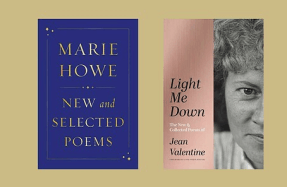How Penn State Is Cutting Greenhouse Emissions In Half — And Saving Money

In the struggle to end global warming, one community in central Pennsylvania is having remarkable success. It's growing, with tens of thousands of people, yet its greenhouse emissions have been dropping dramatically.
Perhaps most amazing: Those reductions have paid for themselves.
This is not your typical town — it's Penn State University. But in many ways, it's just like any other town or small city.
"We've got 600 major buildings here, over 22 million square feet," says Rob Cooper, Penn State's senior director of engineering and energy. "We have our own water system, our own wastewater plant." Most buildings are heated by steam from two gas-burning plants, delivered through miles of underground pipes.
About 14,000 people live on campus. Roughly 65,000 people work or
You’re reading a preview, subscribe to read more.
Start your free 30 days



